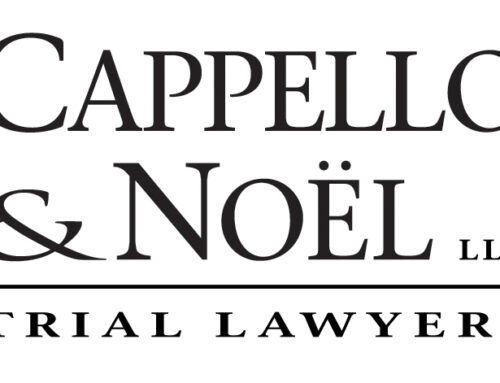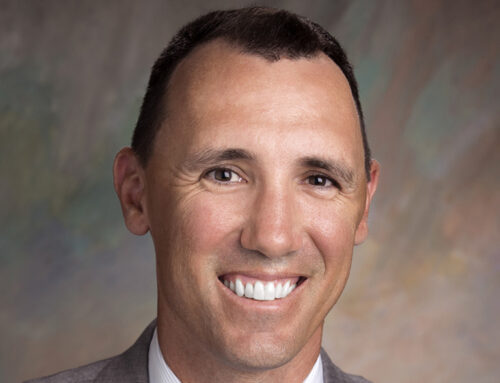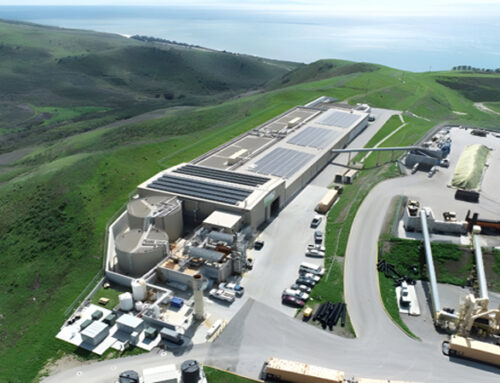By DAN MCCUE
SANTA ANA, Calif. (CN) (Dec. 19, 2011)– The City of Tustin sued Keybank and other lenders to a developer who was hired redevelop a former U.S. Marine base, borrowed $70 million against the project, then failed to complete the work and defaulted on the loans.
The city had ambitious plans for property, which would “create a significant enhancement to the city and to Orange County,” according to the Superior Court complaint.
So massive was the envisioned project that the city says it would take more than two decades for it to be fully built out.
The city contracted with a group called Tustin Legacy Community Partners, to whom it conveyed a significant portion of the project site.
“The sole consideration for this phase of the conveyance was the developer’s promise to perform specific, identified infrastructure development work under specific budgets,” according to the complaint.
But “Only months later, the city was … asked if it would allow the developer to finance a portion of its development costs via a loan from the instant lender defendants, with the real property to secure the purported development loan.”
The city says that in presenting the loan to the city, the defendants – Keybank, U.S. Bank, and First American Title Insurance – “failed to disclose what they knew or should have known, given their enmeshed lending relationship with the developer/borrower entities: that, after obtaining the land for free, and securing a $70 million loan with that land to provide itself with funds, the developer would not perform, and the city would be left with an unconstructed project. In Solyndra-like fashion, that is what occurred.
“The lenders’ loan package had contained numerous provisions to reassure the city that the lender would act as a reputable construction lender for a long-term construction project. These included requirements for lender inspections and vetting of costs before advancing funds, restrictions of the funds to development costs, restriction of funds based on availability formulae, the promise that the property and the loan would not cross-collateralize or secure other obligations, and others. Despite these and other provisions on which the city relied, the lenders then apparently ignored the provisions and made over $50 million in advances under the loan, although the project was in its infancy and the amounts released to the developer bore no relation to any development completed. Had the lenders actually done due diligence, and properly administered the loan as represented, such draws would not have been allowed: the lenders would have seen that less than three plans were ever deemed complete by the city, of the over 100 plans which were required for Phase I of the development, and that the developer had only just begun grading.
“The city ultimately negotiated a termination of the development agreements, and the developer reconveyed the property to the city. However, the city’s property is saddled with record encumbrances related to the lenders’ deeds of trust, which secured the sham construction loan. The city therefore seeks to quiet title to the property, and to obtain damages and other relief for the lenders’ fraud, breaches of contract, and other improper conduct,” according to the 30-page complaint.
Tustin alleges fraudulent nondisclosure, intentional misrepresentation, negligent misrepresentation, concealment, aiding and abetting fraud, breach of contract, and breach of implied covenant of good faith and fair dealing.
It is represented by A. Barry Cappello with Cappello & Noel of Santa Barbara




